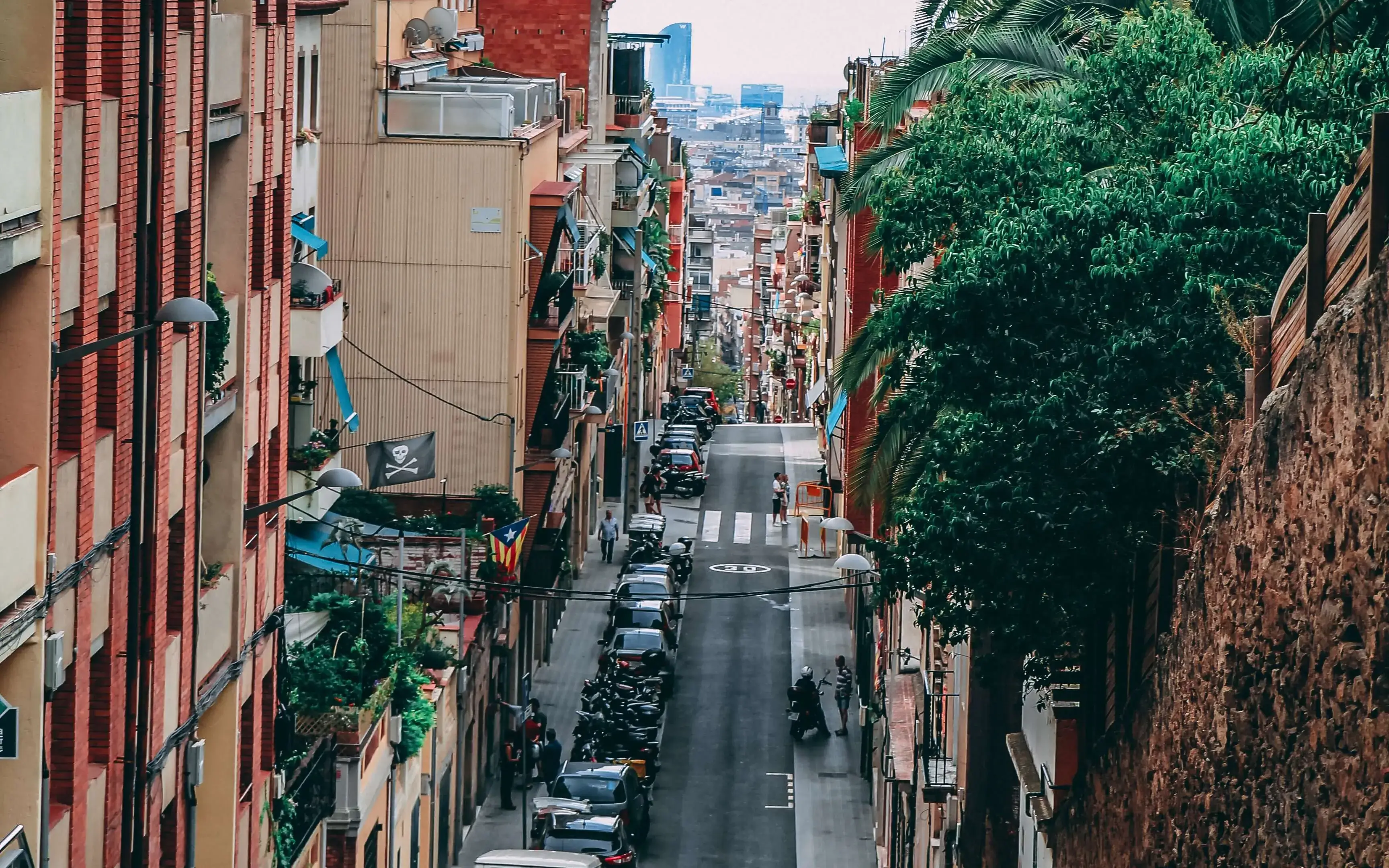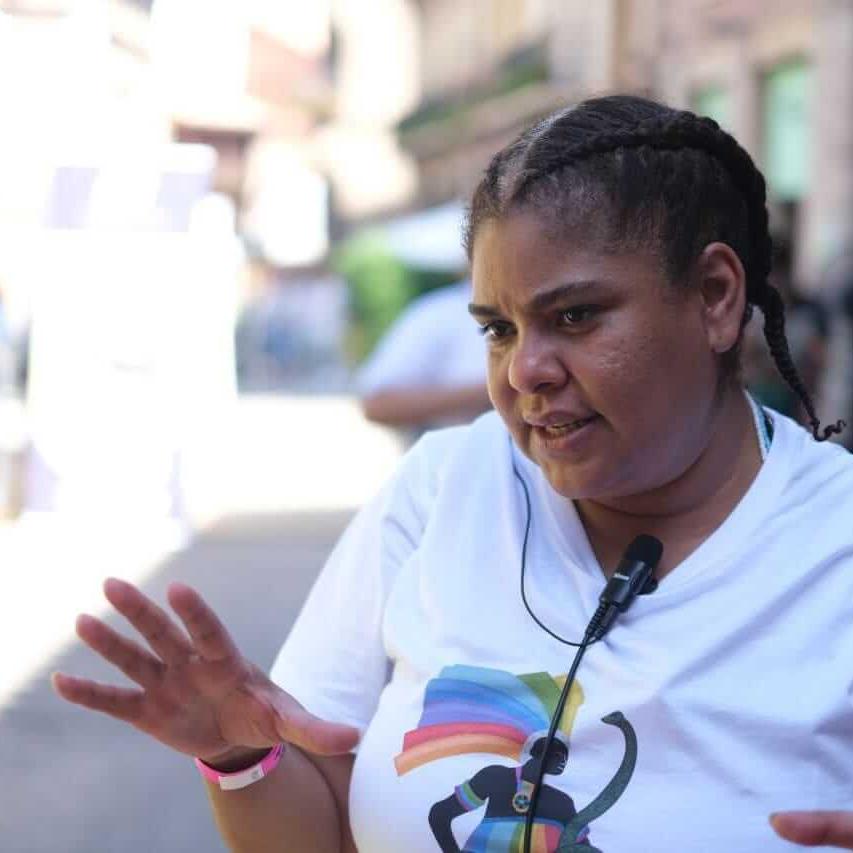Image

Barcelona is a plural city that prides itself on its diversity. In Barcelona, Brazilian men and women are not the most numerous, but they are among the “loudest”: Brazilian percussion groups, affectionately called batucadas, are a classic at any popular festival.
Despite being considered a small number in this autonomous community, anyone who passes through the Plaza Real in Barcelona can find “Capoeira” artists in nearby cafés. At this moment, the public is infected by the sound of the berimbau while the capoeira practitioners teach their dance-fight steps. Capoeira practitioners, called capoeristas, were among the first to organize themselves as an association in Barcelona. The presidents of these associations were capoeira teachers in Brazil and, when they arrived in Barcelona, they set up new franchises for their associations. According to UNESCO, capoeira is a symbol of black resistance in the period of slavery in Brazil, and its recognition highlights the influence of African heritage in Brazilian culture.
Despite the vast majority of Brazilian associations in Catalonia dedicated to teaching Brazilian culture through capoeira, the Brazilian associative fabric is also made up of social movements and associations. This associative fabric is dedicated to various topics such as social support, human rights, research, teaching the Portuguese language, cinema, music, dance, gender, religion, Afro-Brazilian culture, and politics.
Social movements, despite not being formally constituted, have been very important in promoting social participation. Social movements contribute to strengthening organizing among the diaspora and providing collective responses to current concerns among the Brazilian community. Currently, the role of women and gender issues are very present in the social movements of the Brazilian community in Catalonia.
The political reality of Brazil is also a topic of interest. The coup that removed Dilma from power, the imprisonment of Lula da Silva and the election of the far right politician Jair Bolsonaro revealed a version of Brazilian society that was hidden: racist, fascist, sexist, anti-poverty... The current reelection of Lula should unite society around a political project that restores social peace without marginalizing anyone.
An issue that still polarizes Brazilian society quite a bit is religion. In Barcelona, there is a representation of the different religions that, unlike Brazil, are very respectful of each other. Another area that deserves to be highlighted is the economy: Brazil has the largest economy in Latin America; however, it also has a 29.4% of population living below the poverty line, thus confirming the existing inequality.
The Brazilian associative and participatory fabric in Catalonia has recently focused on gender, race and political participation, while keeping offering services, support and orientation to Brazilians in the areas of culture, education, solidarity and social assistance. Brazilian movements and associations should continue to to promote Brazilian culture not only for nationals, but also for the local public. We should aim at a more fluid, interactive and inspiring intercultural dialogue with all Catalan society.
List of Brazilian organisations and initiatives based in Barcelona
• Mujeres Brasileñas contra el Fascismo: Feminist assembly
• Grupo mujeres de Brasil: Núcleo Barcelon: Women support group
• Ciclo de mujeres: Cultural activities to foster exchange
• Núcleo PT Barcelona: Local partners of the Workers Party
• Cámara de Comercio Brasil (CCBC): Local business network
• ABRASCAT: Local network of support for Brazilian expats
• DIVERSIA: Assocition to promote Brazilian culture
• Casa da Gente: Offering social assistance and legal council
• Conselho de Cidadania: Participatory forum to represent the needs of expats
• Alegría de Barcelona: Music association
• Asociación de Padres de Brasileirinhos de Catalunya: Teaching Brazilian language and culture to sons and daughters of Brazilian nationals
• Batalá: Music association
• APEC: Association of Brazilian researchers and students in Catalonia
• Festival Sereia: Dissemination of popular games and traditions
• Asociación Unidos de Barcelona: Samba association
• Asociación Ketubara Batucada Barcelona: Music association



Add new comment